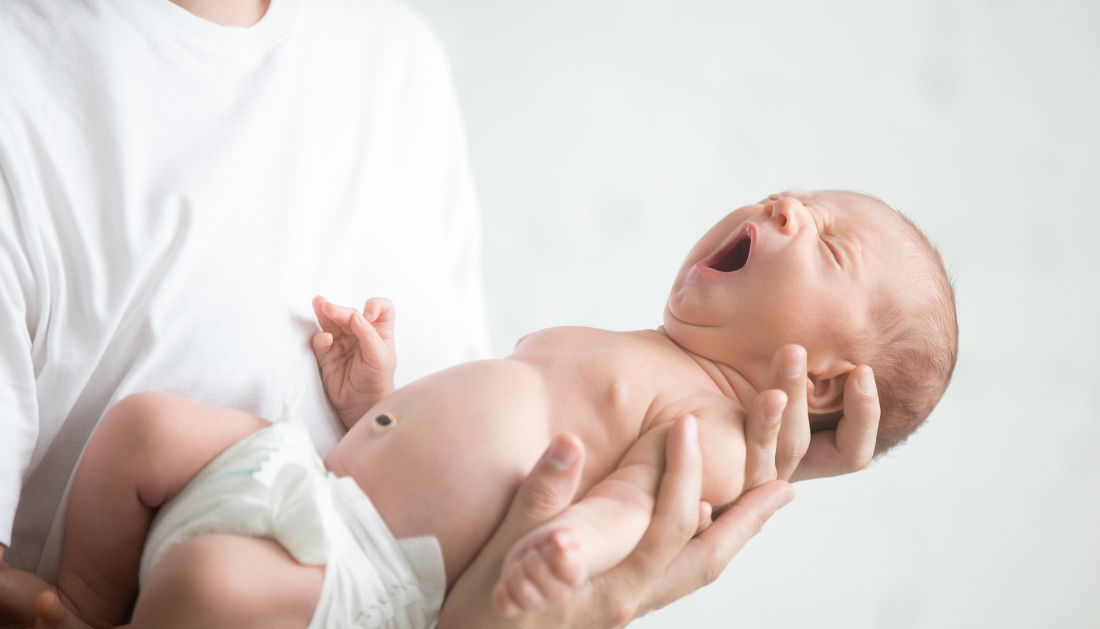

Children whose mothers have received antibiotic treatment during childbirth are more likely to develop autoimmune diseases compared to their counterparts, according to a recent registry-based study conducted at the University of Oulu, Finland, involving nearly 46,000 children. The most common autoimmune diseases in children include type 1 diabetes, celiac disease, and rheumatic diseases. However, the study found that administration of antibiotics during childbirth showed no association with allergic diseases or asthma in the child.
Antibiotic treatment given to mothers during delivery effectively prevents rare serious infections caused by Group B streptococcus in newborns, thereby reducing associated mortality. In Finland, antibiotics are administered to mothers during childbirth if Group B streptococcus is detected in the birth canal before delivery, and almost one in four women delivering vaginally receives antibiotic treatment.
The research findings play a crucial role in assessing the potential drawbacks of perinatal antibiotic use and investigating the underlying mechanisms of immune-related diseases. Previous knowledge indicated that antibiotics given to mothers during childbirth affect the development of the child’s intestinal microbiota. The study supports the idea that normal gut microbiota may have implications for a child’s long-term health.
This is an observational study that does not directly establish a cause-and-effect relationship between the antibiotics given to mothers during childbirth and the child’s later health. The result is a statistical association possibly influenced by other factors as well.”
Sofia Ainonen, lead author of the article and doctoral researcher at the University of Oulu
According to Professor Terhi Ruuska, who led the study, the findings encourage the development of precise prevention methods for Group B streptococcus infections. One potential method could be a vaccine administered to mothers that does not impact the child’s normal microbiota.
The study followed children born vaginally in Oulu University Hospital (OYS) and Oulaskangas hospital in Northern Ostrobothnia, Finland, between 2007 and 2018. The study utilised national registers from the National Institute for Health and Welfare, the Social Insurance Institution of Finland (Kela) and Statistics Finland, as well as high-quality electronic patient records from the hospitals in the OYS region, which provided comprehensive information on maternal antibiotic exposure.
The pre-approved version of the study was published in the American Journal of Obstetrics and Gynecology on February 16th.
Journal reference: Ainonen, S., et al. (2024) Risk of Immune-related Diseases in Childhood after Intrapartum Antibiotic Exposure. American Journal of Obstetrics and Gynecology. doi.org/10.1016/j.ajog.2024.02.020.
more recommended stories
 CTNNB1 Syndrome Study Explores Beta-Catenin Defects
CTNNB1 Syndrome Study Explores Beta-Catenin DefectsKey Takeaways Researchers in Spain are.
 Tuberculosis Breakthrough with Experimental Antibiotics
Tuberculosis Breakthrough with Experimental AntibioticsKey Takeaways Experimental antibiotics disrupt a.
 National Healthy Longevity Trial Receives Federal Support
National Healthy Longevity Trial Receives Federal SupportKey Summary Up to $38 million.
 Red Blood Cells Improve Glucose Tolerance Under Hypoxia
Red Blood Cells Improve Glucose Tolerance Under HypoxiaKey Takeaways for Clinicians Chronic hypoxia.
 Nanoplastics in Brain Tissue and Neurological Risk
Nanoplastics in Brain Tissue and Neurological RiskKey Takeaways for HCPs Nanoplastics are.
 AI Predicts Chronic GVHD Risk After Stem Cell Transplant
AI Predicts Chronic GVHD Risk After Stem Cell TransplantKey Takeaways A new AI-driven tool,.
 Red Meat Consumption Linked to Higher Diabetes Odds
Red Meat Consumption Linked to Higher Diabetes OddsKey Takeaways Higher intake of total,.
 Pediatric Crohn’s Disease Microbial Signature Identified
Pediatric Crohn’s Disease Microbial Signature IdentifiedKey Points at a Glance NYU.
 Nanovaccine Design Boosts Immune Attack on HPV Tumors
Nanovaccine Design Boosts Immune Attack on HPV TumorsKey Highlights Reconfiguring peptide orientation significantly.
 Rising Measles Cases Prompt Vaccination Push in NC
Rising Measles Cases Prompt Vaccination Push in NCKey Highlights 15 confirmed Measles cases.

Leave a Comment